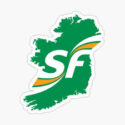Guides
Acts of ParliamentDevolved GovernmentHouse of CommonsHouse of LordsLegislative ProcessWhitehallPolitical PartiesPublic InterestThe Political Process Display All
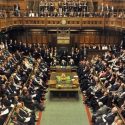

Second Reading
A debate on the Second Reading of a Bill is a debate on its general principles. It is normally held at least two weeks after the introduction of the Bill at First Reading.Read More
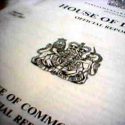

Secondary Legislation
Statutory instruments are known as Secondary legislation They make changes to the law under powers that have been specified in a previous Act of Parliament.Read More
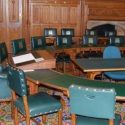

Select Committees
There are two types of House of Commons Select Committee - departmental and non-departmental. Select Committees invite their witnesses to attend. If that is not forthcoming, a Committee can potentially issue a summons for people to attend.Read More
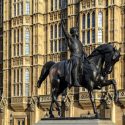

Select Committees in the House of Lords
Lords Select Committees tend to be set up to consider issues that cut across government departments, which means that they rarely overlap with the departmental select committees of the House of Commons.Read More
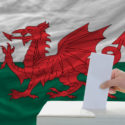

Senedd Cymru – Elections
The Senedd is made up of 60 Assembly Members elected by the Additional Member System. Each voter has two votes - one for a constituency member and one for a member from a regional list.Read More
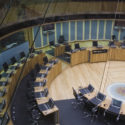

Senedd Cymru – Question Time
Oral questions for answer by Welsh Ministers in the Senedd, are tabled between five and ten working days before the time scheduled for questions to specified ministers.
Written questions are tabled in the same manner as oral questions.Read More
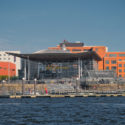

Senedd Cymru – An Overview
Senedd Cymru is the name given to the Welsh Parliament. It changed its name from the National Assembly of Wales in 2020. An overview of its powers, membership, session times, and operations.Read More


Senedd Cymru Committees
There are three types of committees in the Senedd: standing committees, subject committees and regional committees. Senedd Committees normally meet on Tuesdays, Wednesdays and Thursdays when the Senedd is in session.Read More
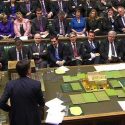

Shadow Cabinet
The Shadow Cabinet is made up of the senior members of the largest party not in government. Labour's Shadow Cabinet has been appointed by the party leader since 2011. Prior to then, it had been elected by the Parliamentary Party. Read the current list here.Read More


Shadow Chancellor
In the last 50 years, only 4 out of the last 18 Shadow Chancellors (and excluding those ex Chancellors continuing immediately after an election) have actually gone on to become Chancellor of the Exchequer.Read More
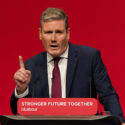

Sir Keir Starmer’s net worth?
An overview of the finances of Sir Keir Starmer drawn from those details that have made the public domain.Read More
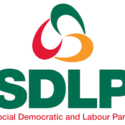

Social Democrat and Labour party (SDLP)
The Social Democratic and Labour Party (SDLP) is a Northern Irish political party that was formed in the early 1970s at the height of the 'Troubles'. The SDLP sits on the left of the political spectrum, and is affiliated to the Labour party.Read More


Special Advisers
Special advisers are temporary civil servants, employed for the duration of an administration to provide a political dimension to the non-partisan work of the general civil service. The number of Special Advisors who later go on to become Members of Parliament is considerable. Read More
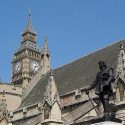

Standing Committees
Standing Committees are like miniature versions of the Commons itself. A new Standing Committee is set up for each Bill, although there are normally no more than eight at one time. Within the Standing Committee, a Bill is debated clause-by-clause.Read More
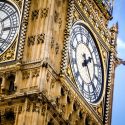

Starred Questions
Starred questions are questions for oral answer by Ministers in the House of Lords. They are called 'Starred Questions' because they appear next to a star on the order paper.Read More
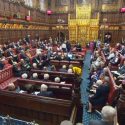

Statements in Parliament
By convention, Parliament expects to be the first to be informed of important issues, including new government policy announcements and updates on developing situations.Read More
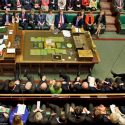

Substantive Motions
Debates in the House of Commons take place on a motion to which amendments may be tabled. One special kind of substantive motion is one tabled by the Government to seek approval for expenditure.Read More
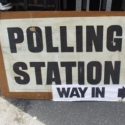

Tactical Voting
Tactical voting is broadly defined as voting for a party that is not your first-preference. The average tactical voter is said to be engaged with politics, pragmatic, and highly educated. In the 2019 General Election, some 19% of voters said they planned to vote tactically.Read More


